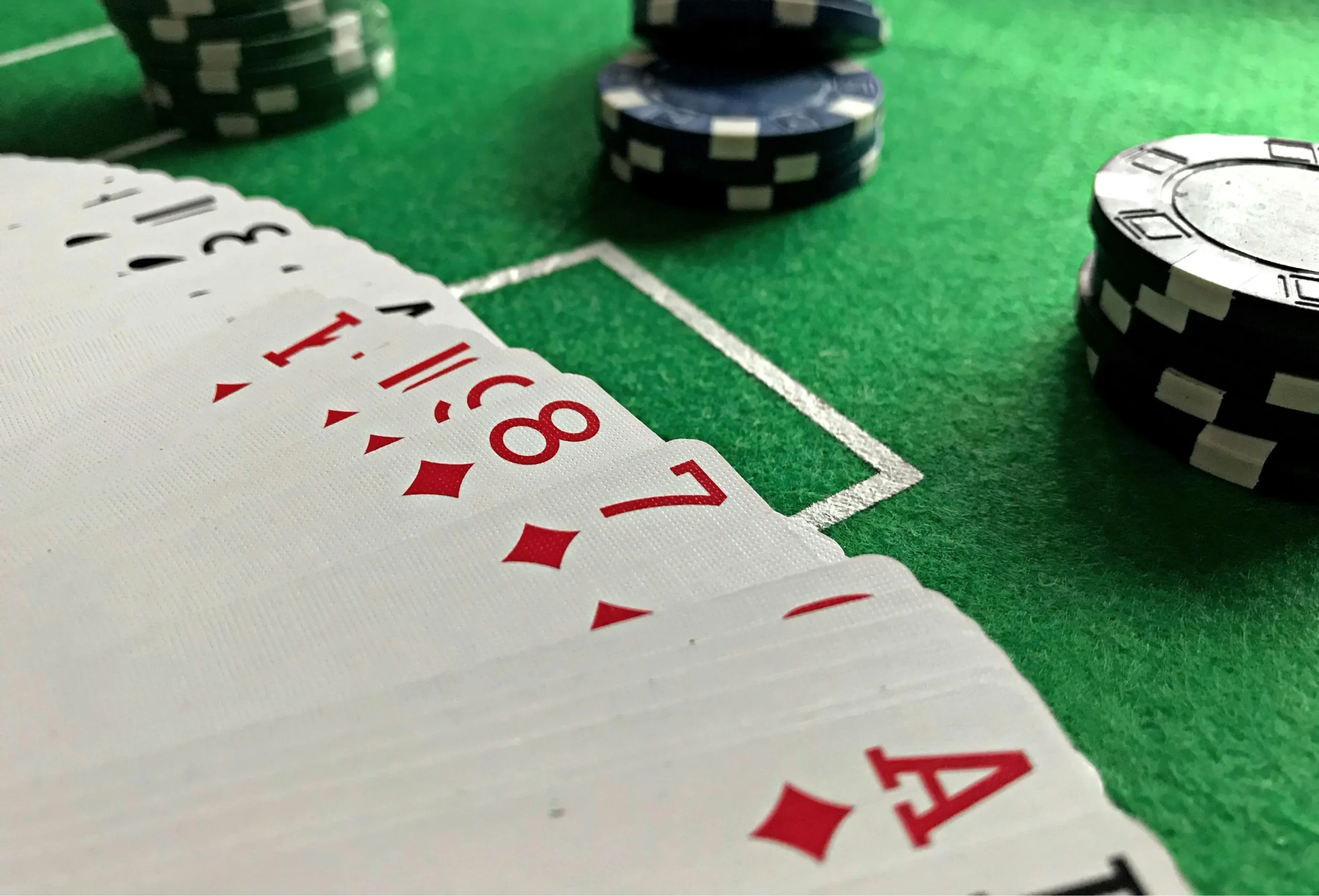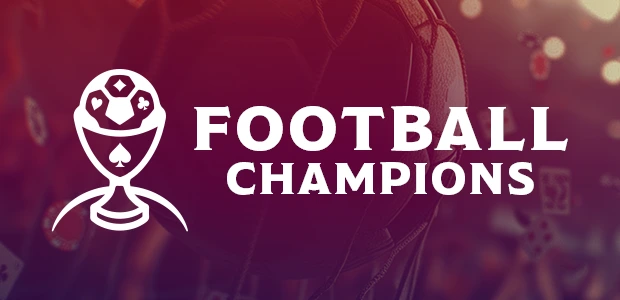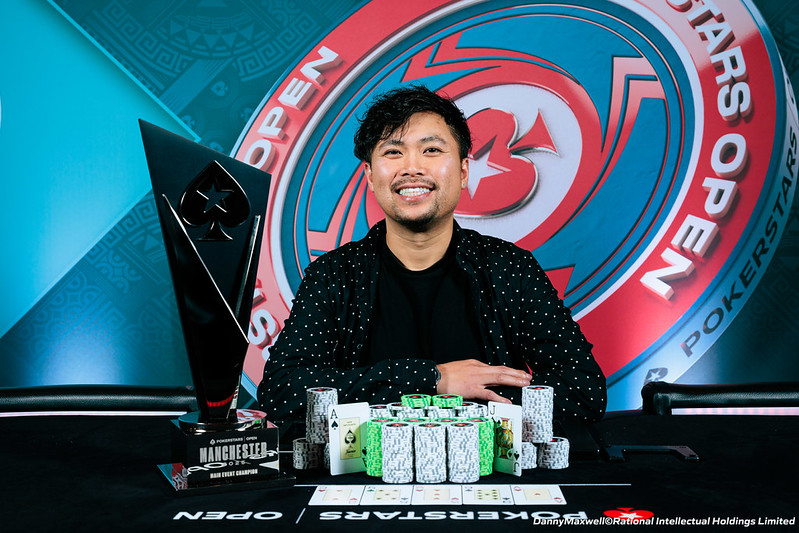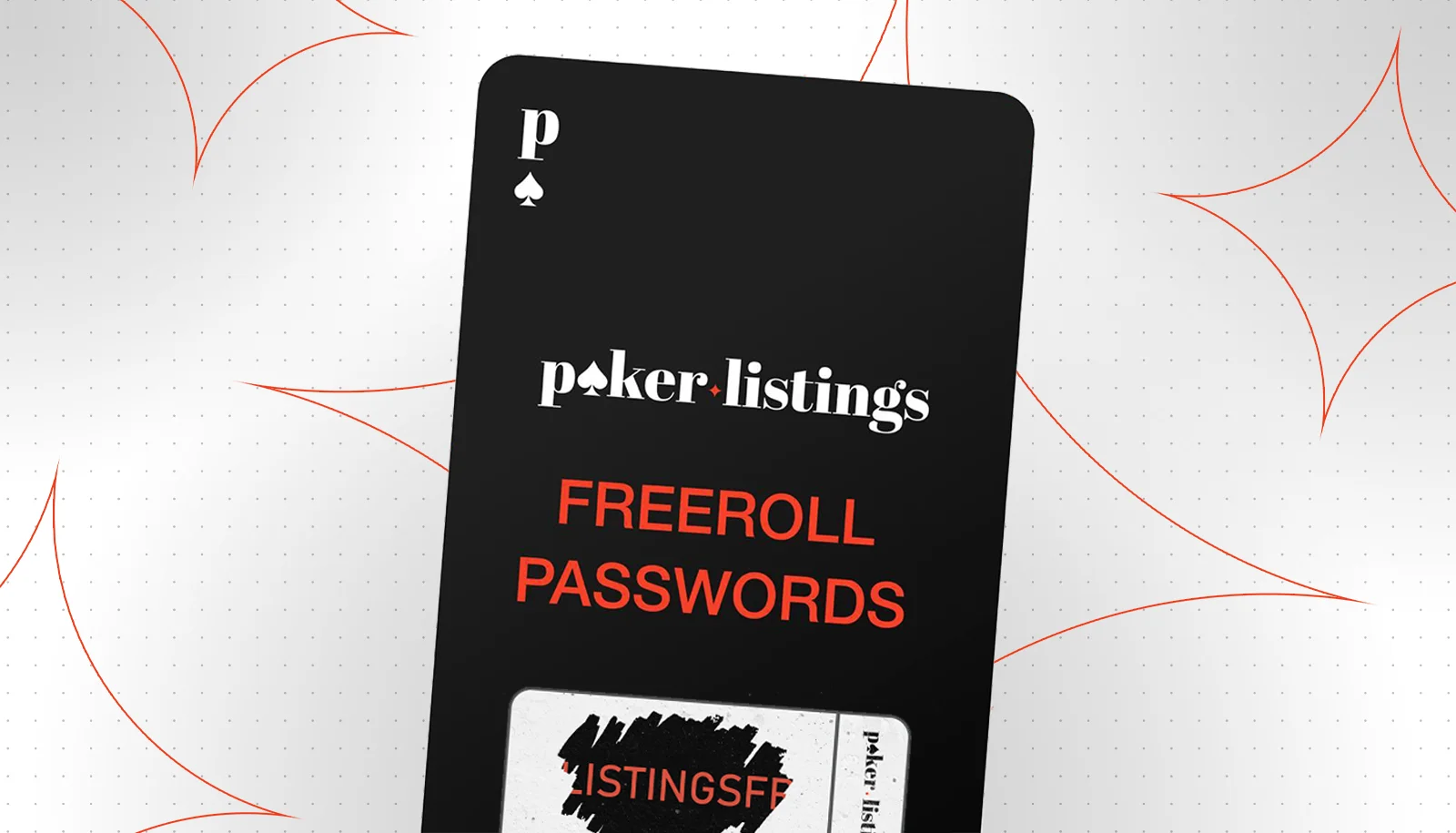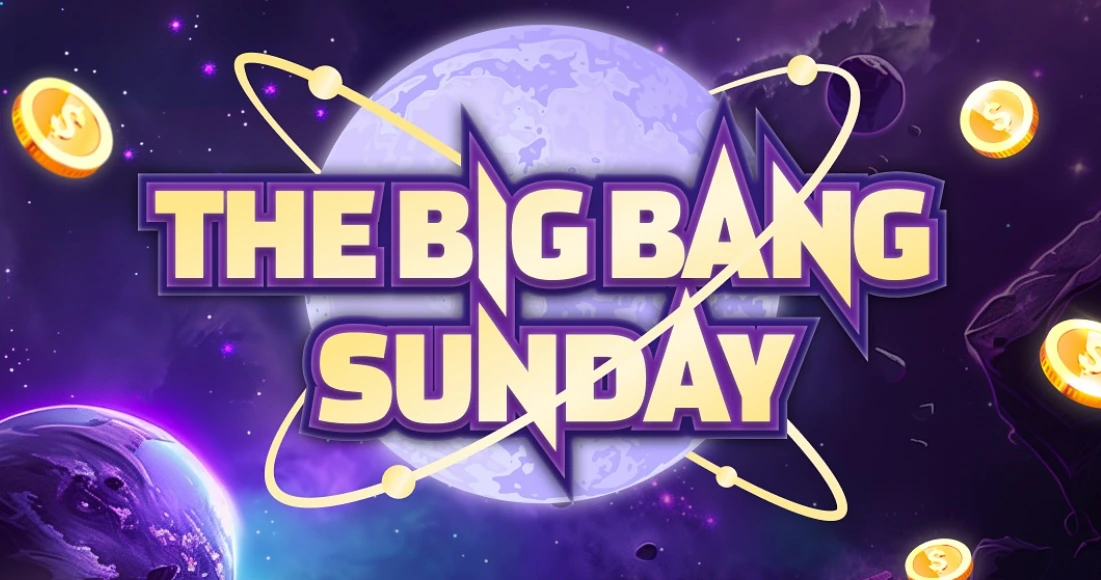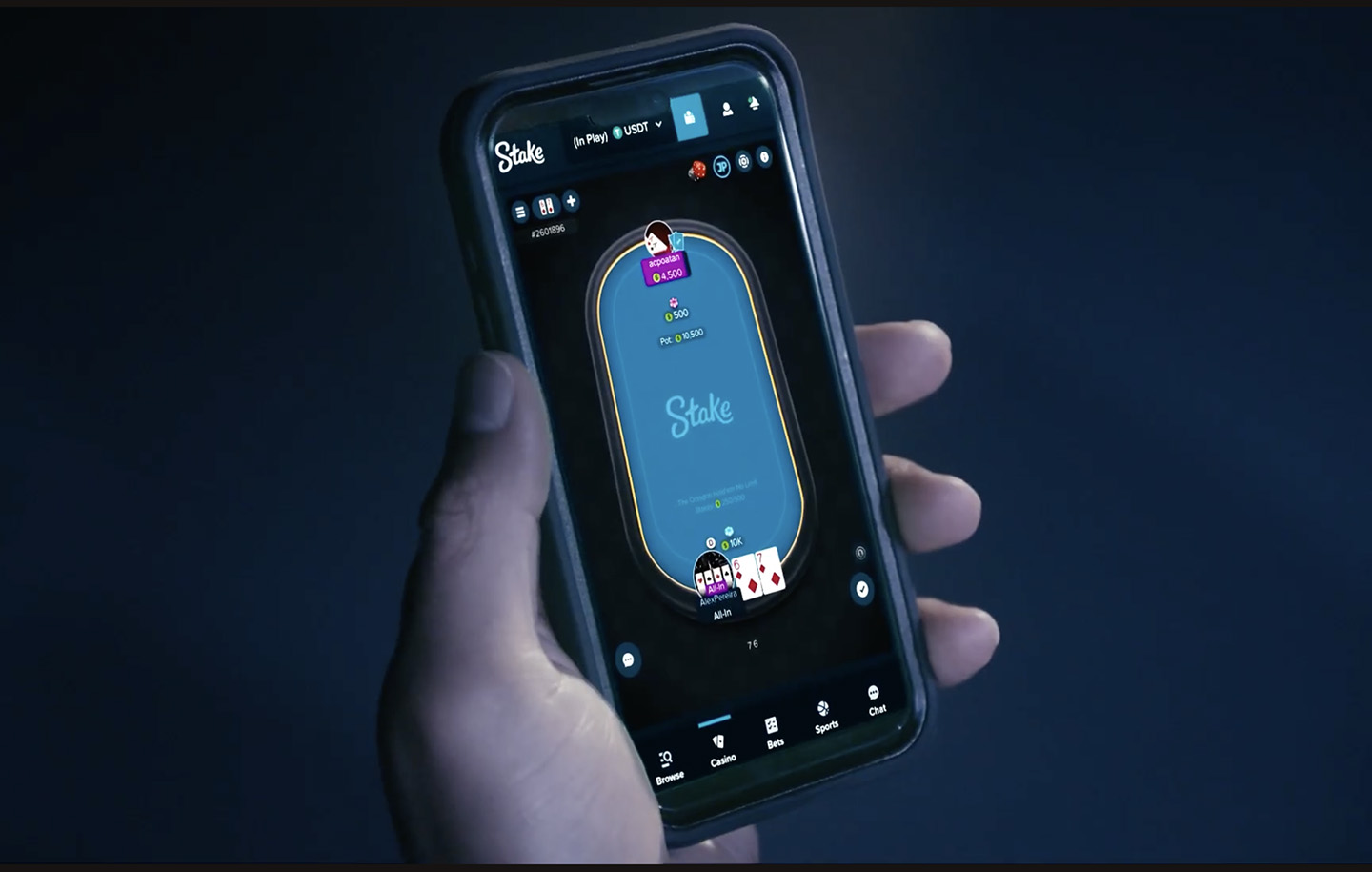Sam Greenwood Said: “Ask Me Anything”…and Got Over 30 Questions on Reddit
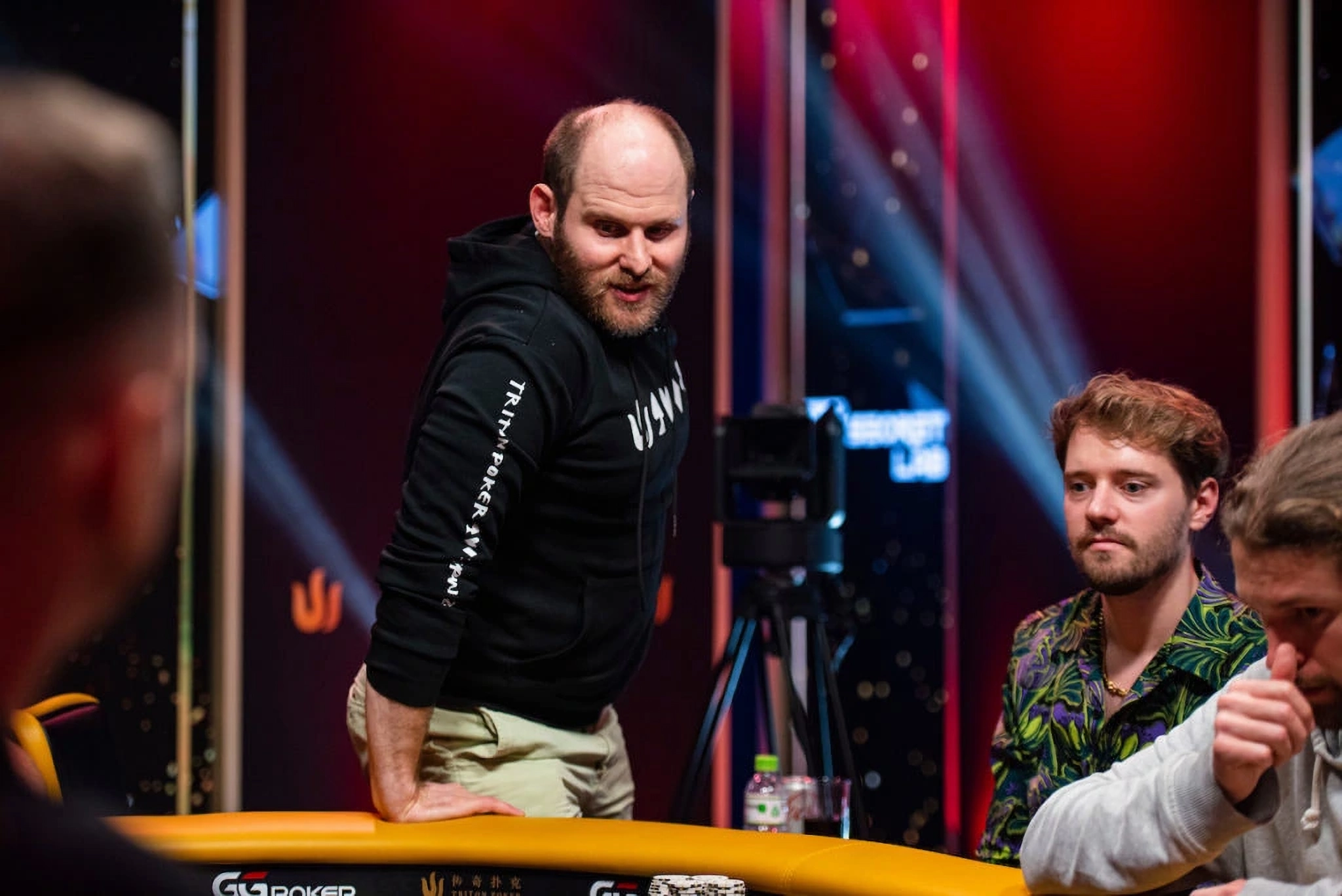
- Fact Checked by: PokerListings
- Last updated on: September 12, 2025 · 12 minutes to read
There aren’t a lot of players on high stakes who are willing to answer any question from anyone as detailed as they could. But Sam Greenwood is one of these unicorns who on September 10th, 2025 decided to start an AMA on poker Reddit and kept answering until the stream of questions dried up.
PokerListings read all Q&A on that thread and selected the most fascinating of them for this article.
Fun-fact: all participants except one seemingly ignored the fact that Sam has a twin brother Lucas, who also plays poker, and older brother Max, who initially started playing poker during the Moneymaker Boom.
However, one person asked Sam: “How has having a twin helped or hurt your poker career (and/or general life)?” — and got from him an interesting perspective:
Making it poker is very hard and it helps to have friends and family who can support you when times are tough. Having a twin maybe made me less outgoing because I always had a friend at home, but of course the positives massively outweight the negatives.
Starting from this note, we offer you to dive deep into Sam’s mind and experience in the convenient format of thematically divided interview.
Insides from the High Stakes
Q: Why is there seemingly so little crossover between the elite tournament players and the elite cash game players?
Sam Greenwood: It’s very hard to be good at two different things. The lifestyle for tournament players often does not appeal to cash game players because they don’t like to travel. The lifestyle for cash game players often does not appeal to tournament players because they do not know when games are running. Some cash game players live in countries where taxes for playing certain live tournaments are punitive.
Q: How big of a gap do you think there is between an average Triton reg and the top crushers at Triton?
Sam Greenwood: I think the gap is large, but I don’t think it matters all that much. In tennis if you win 55% of your points you are the best player in the world. In poker if I get 55% of “tough spots” right and my opponent gets 45% it just doesn’t translate into all that much EV.
Q: Do you do a lot of swaps in the high rollers? Who do you usually swap with?
Sam Greenwood: I do swap a lot in high rollers, but out of respect for my swap’s privacy I won’t say who I swap with on Reddit. It depends on the tournament, but 5-10% is standard.
If you count swaps, I’ve rarely had all of myself. At times I played on a makeup deal, but I do not right now.
I almost always sell in the highest stakes tournaments.
Q: Ballpark what % of SHR regs are winning? What is a good ROI for SHR regs?
Sam Greenwood: I think the best regs are probably winning somewhere between 10-15% on their highest EV bullets (so no max late reg bullets). I think there is a huge swath of regs playing the tournament who after rake are making somewhere between like -5% and +5% and it’s very tough to figure out which are which.
Q: When you’re playing super high rollers, what % of your thought process in the game is just trying to figure out how to play as close to equilibrium as possible?
My thought process in a poker hand is usually to think of what the equilibrium is and then ask myself if I want to deviate for a specific reason in a given hand.
When I am playing vs recs, I do the same thing, but it can happen very fast. Something like “I think I am supposed to mix flop check-raises with a set, but I am never trapping versus this guy who I already sized up as a calling station”.
Q: Which poker tour do you enjoy playing more? How different is the player experience (in the nosebleed 50k+ stakes) between the tritons, EPTs, WSOP, etc?
Sam Greenwood: EPTs and Tritons are both very well run and are very fun to play. I will give a slight edge to EPTs because recently they have been hosted in nicer cities. WSOP staff are terrible at running a poker game and providing a good player experience.
Q: Can someone still climb from the bottom and be a winning SHR reg today?
Sam Greenwood: People have climbed from the bottom to be winning SHR regs recently. Look at someone like Leon Sturm, it is very hard to do, but it’s possible.
Secrets of Sam Greenwood’s Strategy
Q: How has the rise of solvers changed your cash game strategy, and where do you still rely on intuition over GTO?
I tend to use game theory principles to structure my play on early streets and use my intuition more on later streets.
It’s easier to make adjustments like “I think my opponent is bluffing too much, so I am going to call the river with any reasonable bluff catcher” versus, “I think my opponent three betting too much so I am going to create an entirely new you four betting strategy when I don’t really know their response to my four betting strategy”.
Q: Very technical question, but did you ever look at a solver and it did something that you completely didn’t expect in a certain spot?
Sam Greenwood: It happens all of the time.
One of the first things I do when I often see a totally wonky output is to see if I made an error in creating the sim, then I am humbled and dig deeper to see what I am missing.
A specific one that shocked me when I first saw it was that on very dry paired boards something like say 7223 with no flush draws if you are the preflop raise, bet, get checkraised call and face a turn bet. You often are supposed to mix continues with every unpaired hand you have, which means you continue AK high around as often as you continue JT high. This is in part so that you can river top pair on a lot of different rivers and aren’t overweighted in top pair when an ace rivers.
Q: What are your top 5 heuristics that you use to emulate GTO play?
- Betting smaller in multiway pots
- Playing cautiously on boards where straights and flushes are possible
- Making sure I have hands to bluff on different runouts
- Thinking about what specific hands I am targeting with a bet size
- Randomizing
Q: In spots where you’re out of position with a medium-strength hand, how do you balance check-calling vs. check-raising to protect your range to prevent villains from running you over 200bb cash game?
Sam Greenwood: 200 bbs deep, you rarely checkraise medium strength hands. You make the pot too large and risk losing a monster pot to a better hand or getting bluffed by a worse one. There are some exceptions that are mentioned below, but those tend to be designed to get better hands to fold and worse hands to call
Eg. You check raise 87 on 764ss and bomb a 2c turn you get called by flush draws, 65, 55 and might get an overpair to fold.
Advice and Insights on Mental Game and Studying
Q: How do you remain focused and bounce back from misplayed hands, tilt, or boredom?
Patience and focus are muscles you develop.
Sam Greenwood: Every person has their own tricks to help them get back on track if they feel they are losing focus and ideally you will learn what those tricks are for yourself. Even Adrian Mateos will do things like watch Atletico Madrid games on his phone while playing Tritons, you want to be at peak focus 100% of the time, but it’s not possible to do so. Developing a coping mechanism is better than torching your stack because you are bored.
Q: Do you think tells are overrated or underrated? Not counting high rollers — let’s say $1K — $10K Mains.
Sam Greenwood: I think they’re overrated by the general public who think the game of poker is about staring someone down to see if they’re bluffing. In live MTTs, recognizing tells is a very valuable skill to have.
Q: Sam very basic advice for a lifetime fish. Basically I want to re-learn the game correctly and play tournaments exclusively. GTO wizard? Memorize preflop charts? Just looking for solid foundational advice.
Sam Greenwood: You don’t need to memorize preflop charts, but if you play close to what a preflop chart would say you are on the right path. Good preflop and flop play build a really strong foundation for your overall poker game and they set you up to play turns and rivers well.
If you are a “lifetime fish” try playing a session where you don’t play fun hands preflop and really lock in and I am not guaranteeing you will win, but I suspect things will feel easier for you.
Q: Over the years, how have you improved when it comes to studying? Can you share some shortcuts or things you didn’t do so well, that you wouldn’t repeat if you were starting from scratch?
Sam Greenwood: I’ve mostly improved because I’ve become more familiar with the tools and use them much more efficiently and can recognize what’s wrong with a sim if it’s giving me an odd output.
When I first studied using tools things like GTO Wizard weren’t widely available and it made the learning process much slower. So if I was starting from scratch, I would just use big public libraries, which aren’t perfect, but save a lot of time. Also solver poker was new to me and I was overwhelmed by how many new things I was learning.
I think people go wrong by focusing too much on specific strategies, making sure they pick the exact combos, etc and not enough about holistically understanding an entire strategy even if every little detail is off. In any given spot making sure your general bluffing frequency is sound is usually more important than nailing specific combos.
Now, I sort of divide my studying into two types of study, the first is drilling general spots. Preflop, single-raised pots vs the BB, etc. I do not structure my study in a sort of “single raised pots vs the BB Wednesday”, “short stacked thursday”, etc. I just pick what I am feeling that day.
The second is more of what I’d call a research project where I do a deep dive into like “should I be three betting over a checkraise on these types of boards”, “let’s test out some funky bet sizes”, “how should I play monotone boards”. The research projects often focus on relatively obscure nodes, but I have found they are really good at strengthening my poker brain and how I think about the game, which helps me execute in unfamiliar spots when I play.
Personal Questions to Sam Greenwood
Q: What do you usually listen to in those headphones of yours when you’re at a table?
Sam Greenwood: Podcasts if I need something light and diverting a lot of sports or news podcasts that are pretty ephemeral or if I zone out for 30 seconds I haven’t missed much. Music if I need to focus or wake up, usually rap, but just any upbeat music that will keep me from falling asleep at the table.
Q: Did you lose emotions in life due to poker?
I wouldn’t say I “lost emotions”, but you do train yourself to have less volatile emotions.
However, I had a very quick fuse as a teenager, so maybe poker taught me maturity and emotional control. It’s tough to say if poker made me even-keeled or I would have naturally become more even-keeled as I aged.
Q: Do you view poker as something you will be involved in for the rest of your life, or will you “retire” from it at some point?
Sam Greenwood: I think it is something I will be involved in for the rest of my life. Being able to balance traveling and financial swings with a family is very difficult and has already begun to affect my travel schedule. Before I had a wife and family, I probably would have gone straight from EPT Barcelona to Jeju for Triton One, stayed for Triton etc. It’s a hard balance to strike especially when live poker is booming
Q: What’s the last thing you do before playing an important final table/day?
Sam Greenwood: It depends on when the previous day ended and how much sleep I got. Ideally, I will have looked at all the streamed hands from the day before and will have run some FT sims overnight so that I can click through them and get my mind thinking about the FT before I start playing.
Q: What’s the first thing you do after taking it down, and the camera’s are off?
Sam Greenwood: Once I win, I usually call my wife and then register for another tournament once I am off the phone with her.
Q: Who are your favorite poker players and why?
My favourite poker player is me.
Q: Who are the best 3 live MTT players in the last 10 years?
Sam Greenwood: Chidwick, Ike and, I was going to say, Mikita except he didn’t really start playing SHRs until 2016. So I will say someone who is criminally overlooked in this conversation is Mike Watson. All three of the guys I listed play multiple games at a very high level, play very high stakes, have great work ethic and have had longevity.
Q: Beyond pure poker skill, what is a subtle, non-poker-related quality or table mannerism you’ve observed in an elite opponent that made you realize they were operating on a completely different level?
Sam Greenwood: Chidwick’s posture and how it is a microcosm of how locked in he is during every hand, whether he is playing or not.
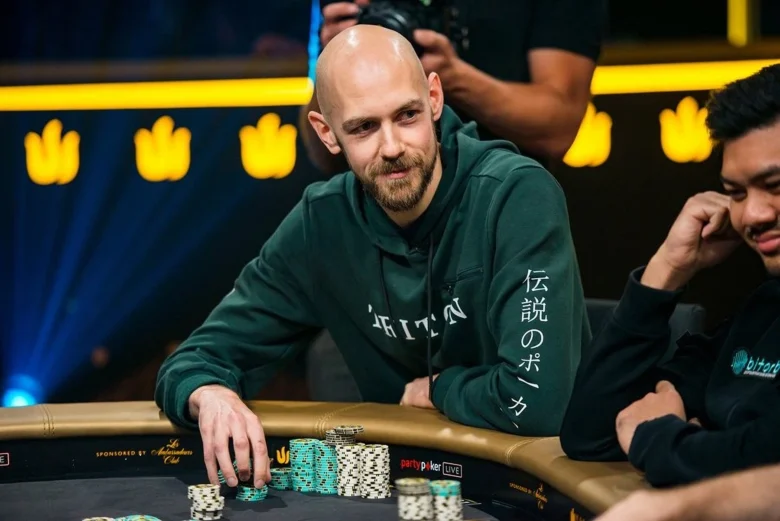
Q: Who do you find most difficult or frustrating to play against, whether because of their skills, playing style, or table antics? How does that experience compare to playing with Kassouf or Kabhrel?
Sam Greenwood: I’ve played live poker with Martin Zamani less than a dozen times and every time he’s managed to successfully get under my skin with his antics. So I guess that’s the answer.
I only mind Kabhrel if I think he is cheating or fake cheating to get a rise out of people.
I’ve played poker with Kabhrel for so many years that my opinion of him hasn’t really changed. I think he can be very funny, but his antics have a shelf life.
Kassouf is unbearable. A whole other level, they don’t make music loud enough or headphones strong enough to block out his chatter.
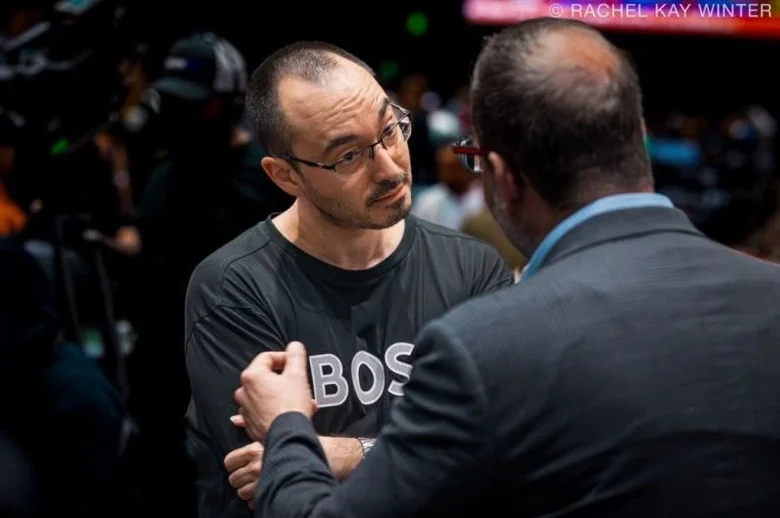
Q: What are your top 3 poker books of all time?
Sam Greenwood: I don’t really read many poker books, but I will say Super System because it’s the original, The Biggest Bluff; which I read and liked quite a bit and The Ship it Holla Ballas book because I am glad someone documented that era.
Q: If you could swap poker skills for one day with any player past or present, who would it be?
Sam Greenwood: I think I would swap skills with someone like Chance Kornuth to see if he actually has live read magic. It would also be fun to get in the head of someone who can hyperfocus in a way that I often cannot.
Q: If you can only take one quality from one specific player and add it to your game, what would it be?
Sam Greenwood: Trueteller’s ability to convince people to take the worst of it for high stakes.


-
Stake.US Poker4.3
- Rakeback 5%
- $55 Stake Cash + 260K Gold Coins
T&Cs Apply | Play Responsibly | GambleAware
18+ | Play Responsibly | T&C Apply
-
Appeak Poker4.1
- 1,000 Chips Daily
- FREE 5,000 Chips
T&Cs Apply | Play Responsibly | GambleAware
T&Cs Apply | Play Responsibly | GambleAware
-
- 2,500 Gold Coins + 0.50 Sweeps Coins
T&Cs Apply | Play Responsibly | GambleAware
18+ | Play Responsibly | T&C Apply
-
WSOP.com4.3
- Up to 70%
- 100% up to $1000
T&Cs Apply | Play Responsibly | GambleAware
T&Cs Apply | Play Responsibly | GambleAware
-
CoinPoker4.1
- 33% Weekly
- 150% up to 2000$
T&Cs Apply | Play Responsibly | GambleAware
+18 / T & C apply / Play responsible


